For those of you dreaming of being a top film industry executive someday, it’s never a bad time to start practicing the sacred Hollywood suit oaths: underpay your writers, spare nary a penny more for your actors, and above all, never stray from established franchises when it comes time to lining new projects up.
Half-jokes aside, the discourse surrounding Hollywood’s lack of desire for original works seems nothing short of trite at the moment, which is perhaps a symptom of how pervasive the issue is; there may ultimately be plenty of originality to go around thanks to the efforts of A24 and a handful of bigwig industry creatives like Christopher Nolan, but it’s nevertheless disheartening whenever the film industry’s most prominent entity traps itself in a cycle of uninspired rehashes.
Indeed, everyone has an opinion on the state of Hollywood’s stunted creativity, including prominent creative Guillermo del Toro, whose brief take on the matter says all we need to know and more about his stance.
“Dear Lord-” was all the Cabinet of Curiosities gaffer had to say in response to a recent comment from Paramount CEO Brian Robbins, who says the company has no interest in gambling on original animated theatrical releases, and will prefer instead to focus on IP.
And yet, poetically enough, del Toro’s comments speak to a much deeper nuance hidden beneath the conversation on originality versus IP.
It’s perhaps a bit of a cheat to call Pinocchio an established IP, but as a frequently-adapted story that’s well over a century old, I’d say it qualifies well enough as one, and in no way did that status prevent del Toro from crafting one of the most beautiful animated films of 2022 in Guillermo del Toro‘s Pinocchio. His other IP contributions, such as Blade II and his two Hellboy films, shouldn’t be forgotten, either.
This statement feels as hackneyed as the discourse that surrounds it, but a project’s status as an original idea or an IP-wrapped one doesn’t truly have any bearing on whether it’s any good or not, nor are they mutually exclusive labels; in fact, as Barbie has shown us, it’s entirely possible for a film to boast both of those distinctions loudly and proudly, to critical acclaim no less.
Perhaps, then, it would be wise of us to stop concerning ourselves with the largely imaginary clash of IP and originality, and instead acknowledge that franchise films are more than capable of being not only the stomping grounds for genuinely inventive ideas (The Batman, Martin Campbell’s Casino Royale, etc.), but also quite good as well; it’s just a matter of holding the mediocre films accountable while lauding the flicks that deserve it.

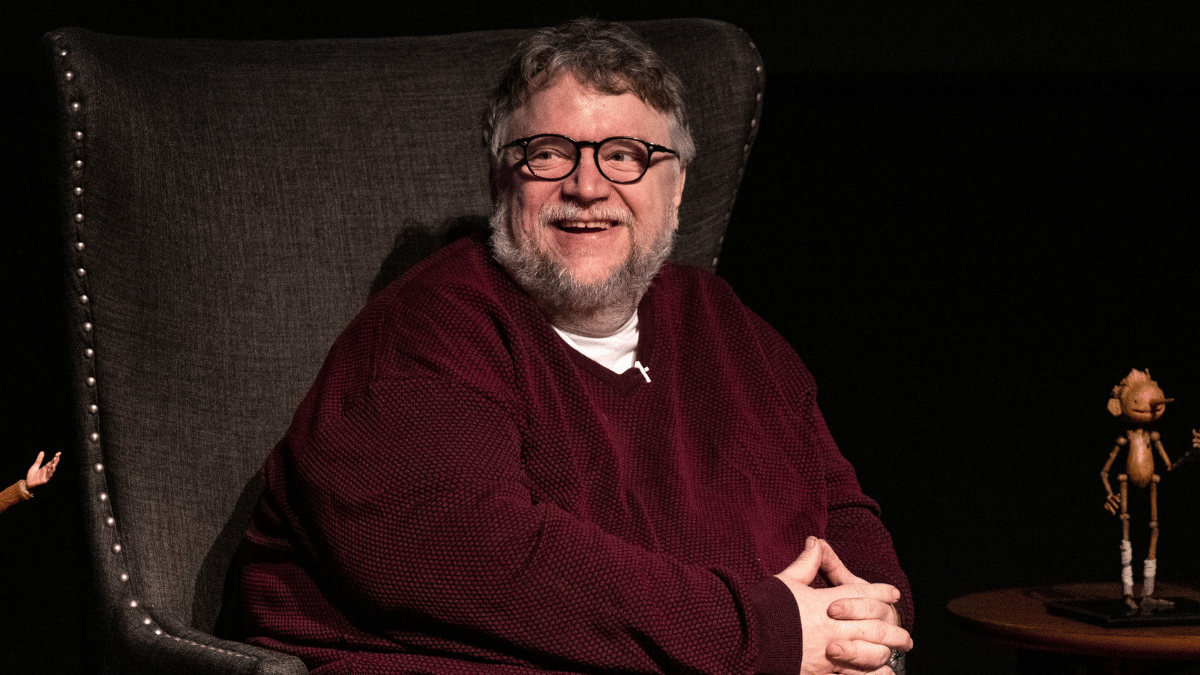
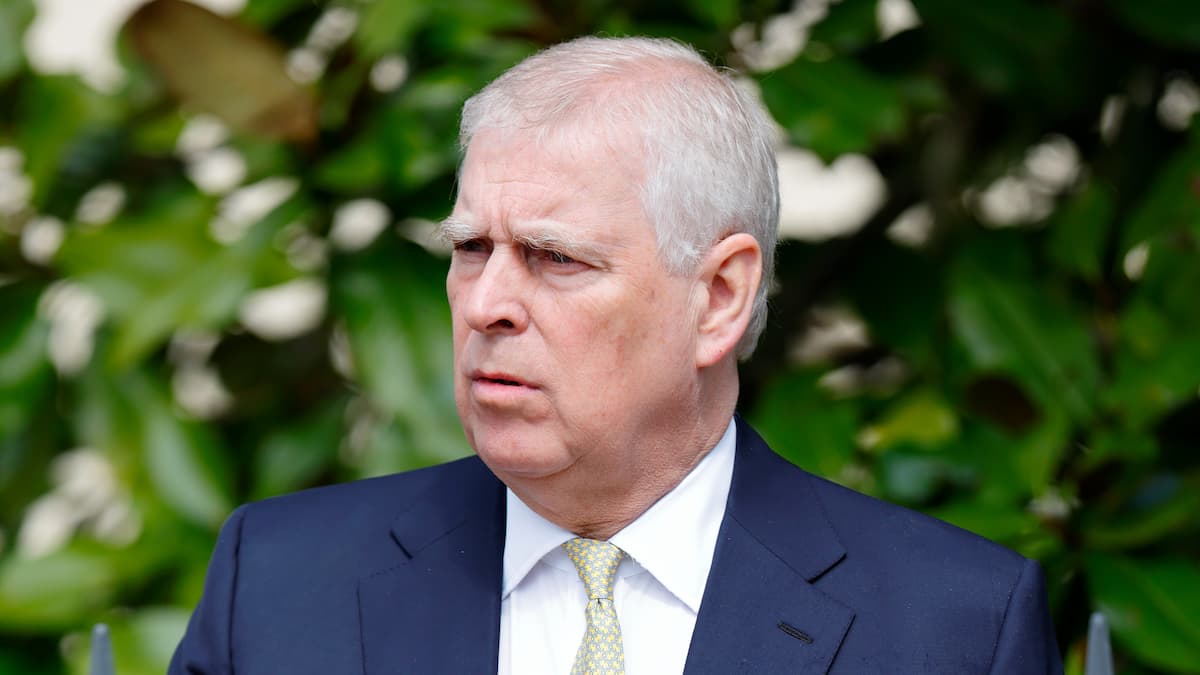
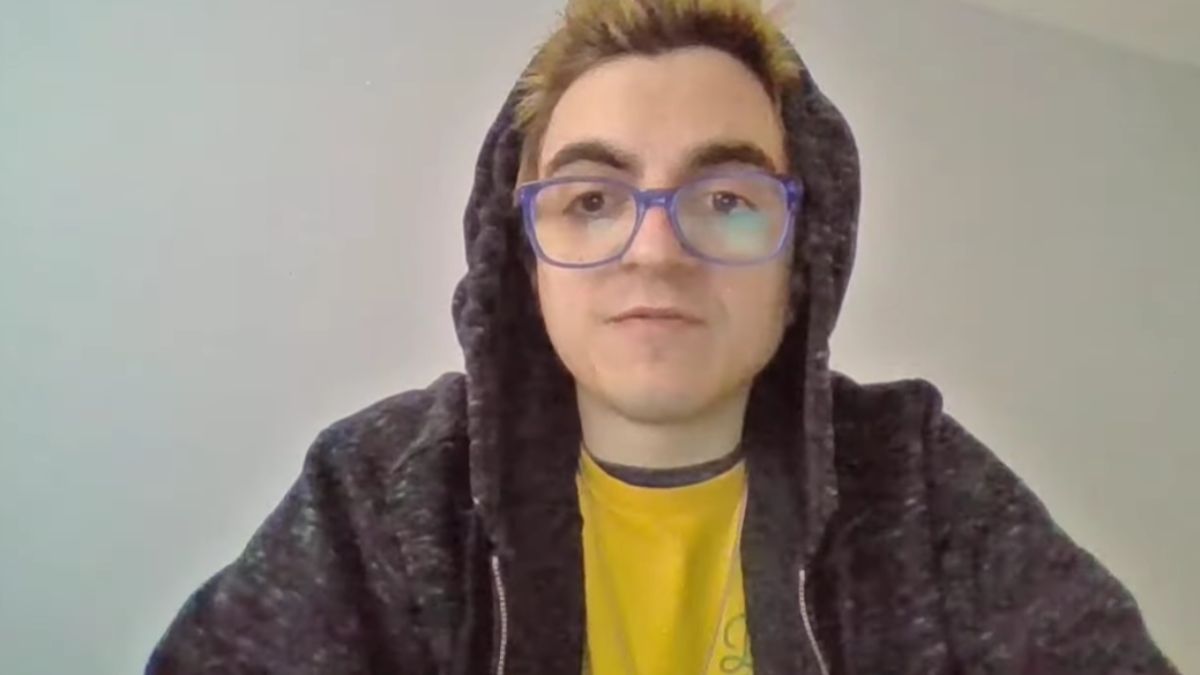
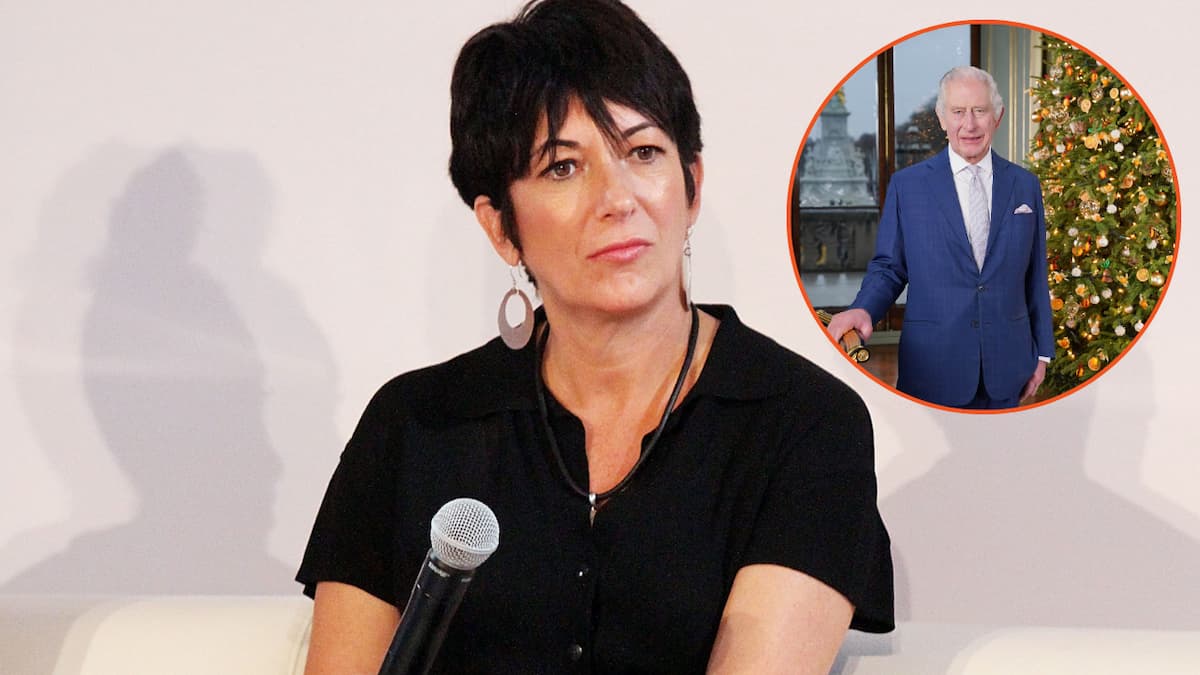
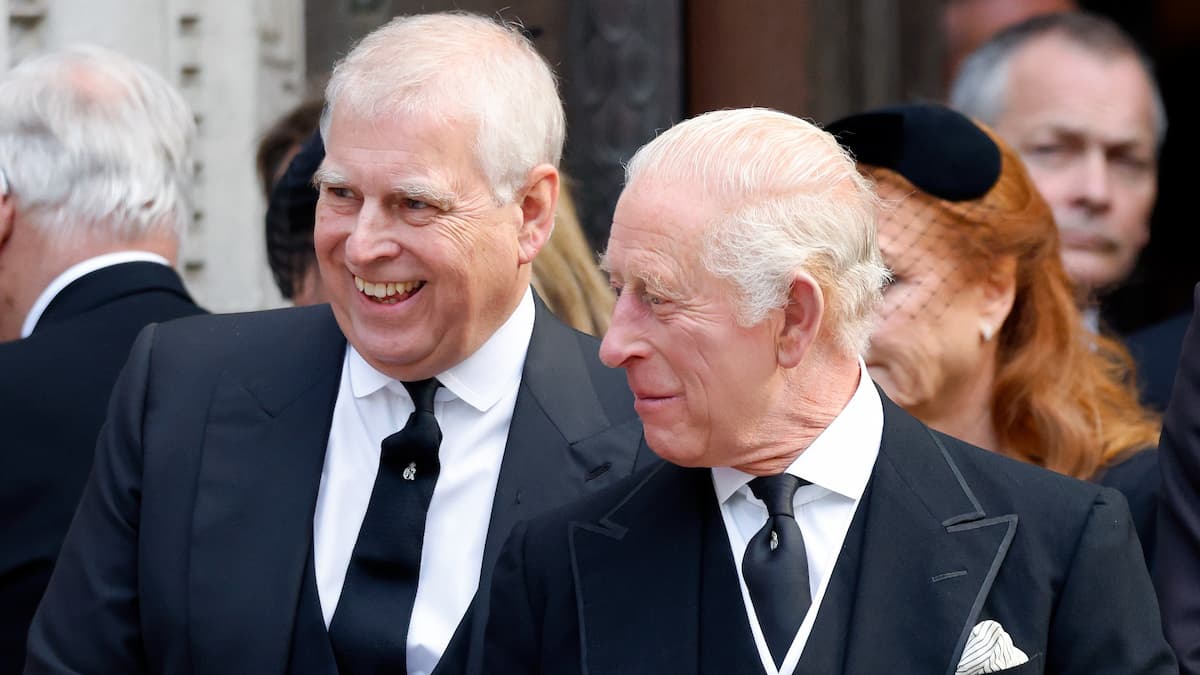
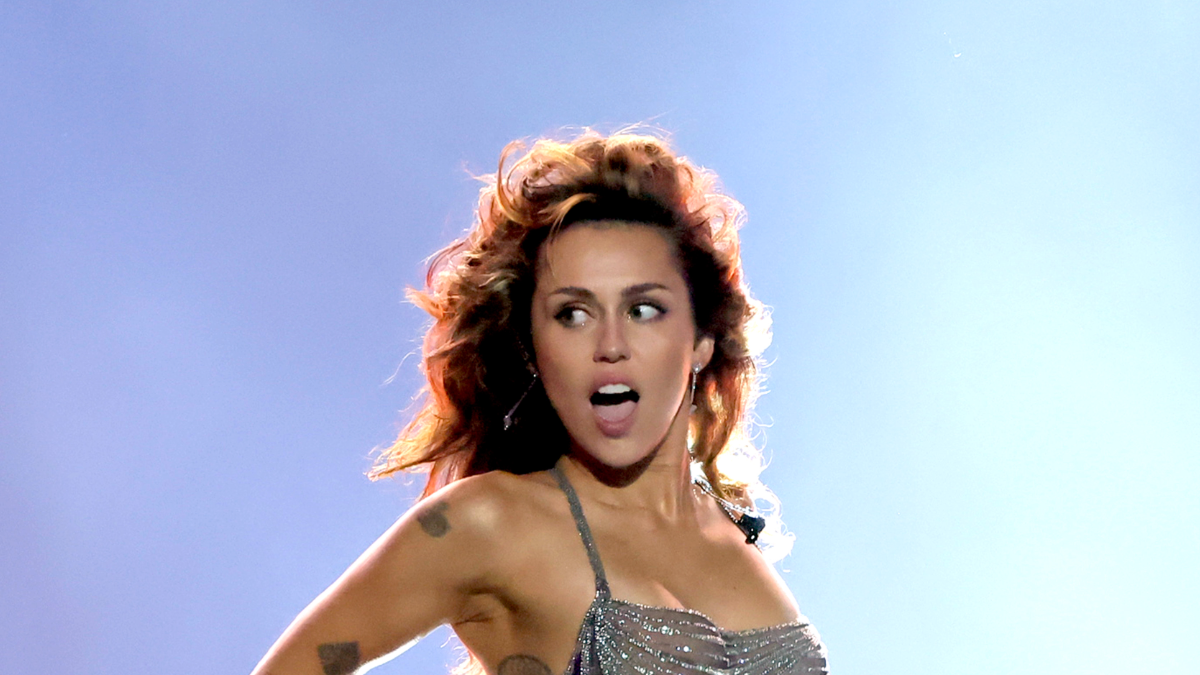

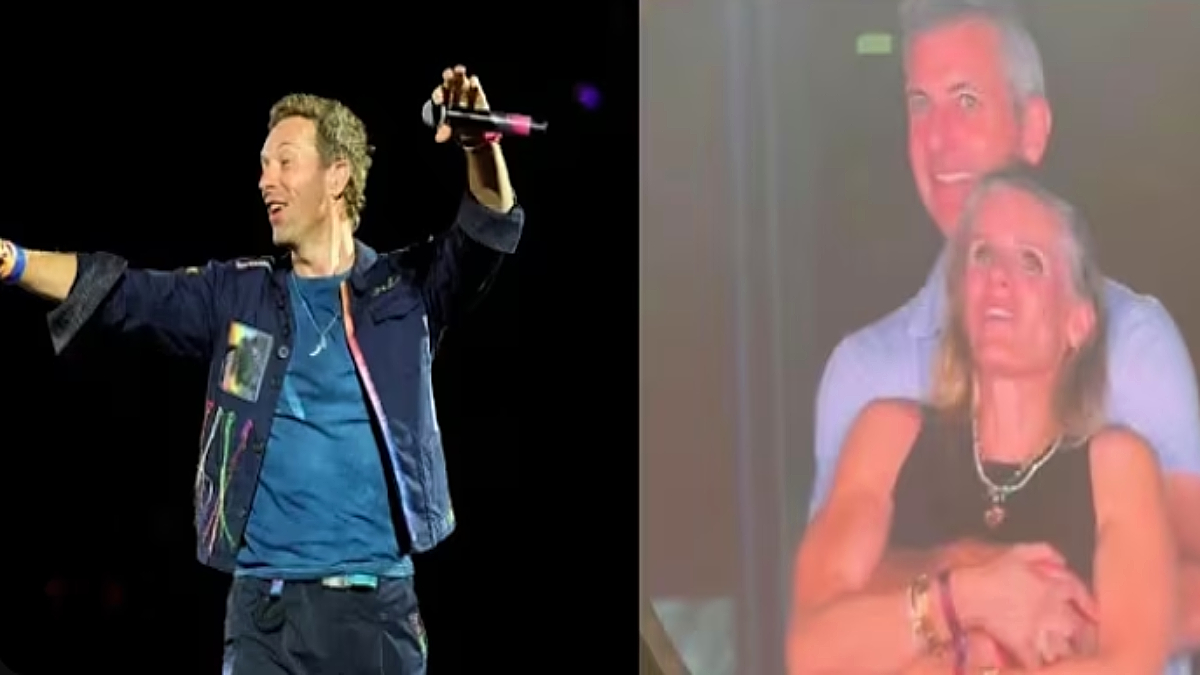
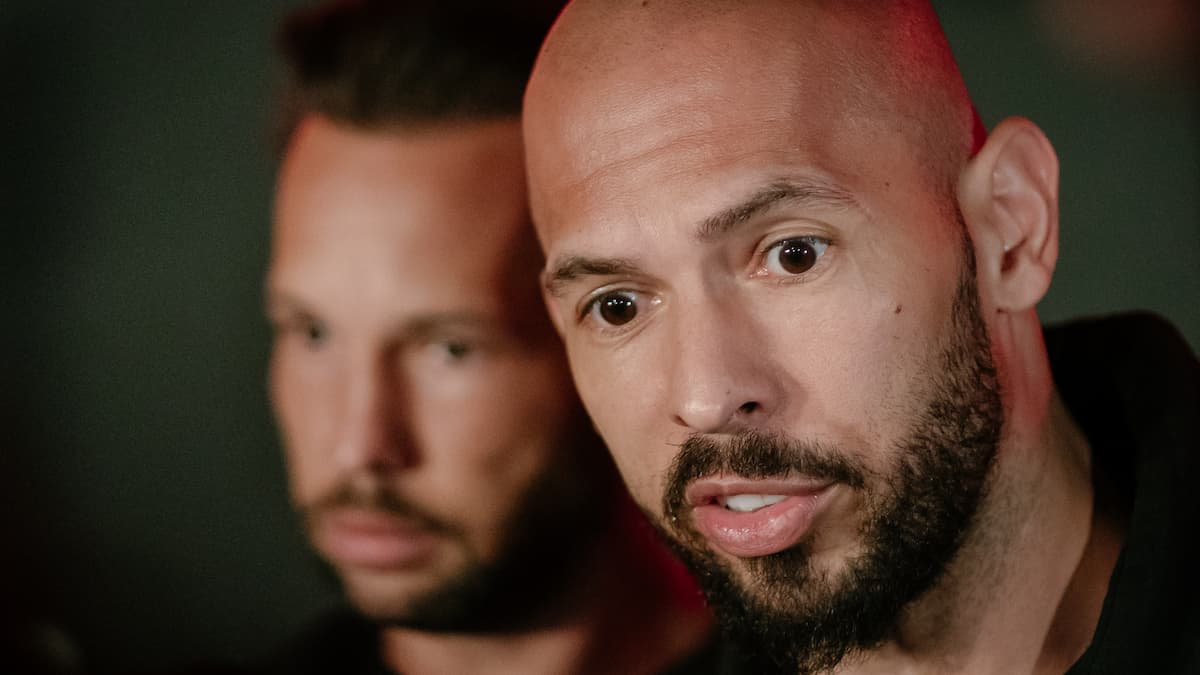

Published: Jul 27, 2023 02:02 am